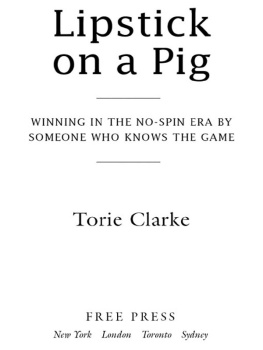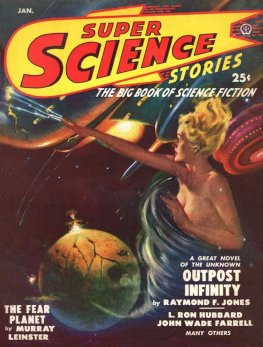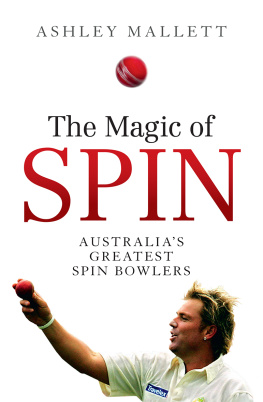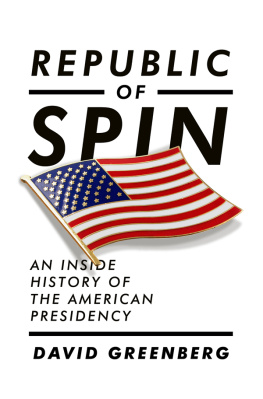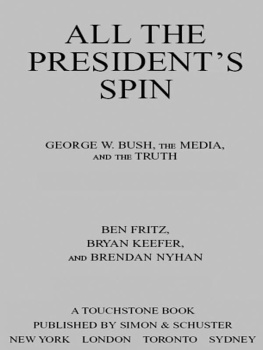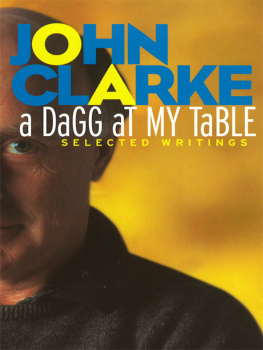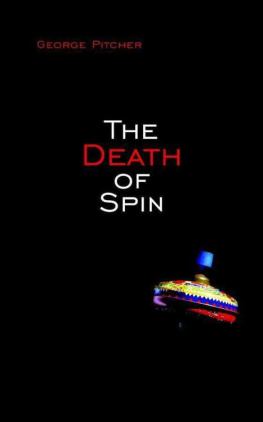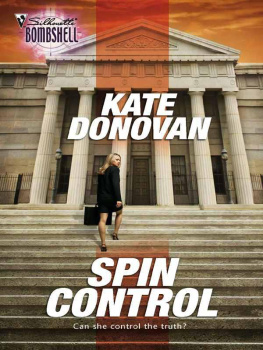FREE PRESS
A Division of Simon & Schuster, Inc.
1230 Avenue of the Americas
New York, NY 10020
Copyright 2006 by Torie Clarke
All rights reserved, including the right of reproduction
in whole or in part in any form.
FREE PRESS and colophon are trademarks of Simon & Schuster, Inc.
Designed by Kyoko Watanabe
Library of Congress Cataloging-in-Publication
Data Control Number 2005054932
ISBN-13: 978-0-7432-8247-5
ISBN-10: 0-7432-8247-7
Visit us on the World Wide Web:
http://www.SimonSays.com
To the men and women
of the Armed Forces of America,
because they have the best story to tell
Public sentiment is everything. With public sentiment, nothing can fail; without it, nothing can succeed.
ABRAHAM LINCOLN
Contents
Operating Instructions
I wrote this book because several smart people for whom I have much respect said I should. I also wrote it because I believe deeply that people deserve to hear as much as possible from their corporate and public leaders. Maybe if those leaders read this book, I thought, theyll be more willing to assume the communications functions inherent in their leadership roles. And I wrote it because I realized that something I have done for yearsconnect with peoplehas taken on added importance in the information era. As geographical boundaries blur and interactions increase, the ability to communicate effectively has bottom-line impacts on governments and corporations around the world. Now more than ever, people need to know how to communicate.
I love to tell storiesas my friends and family patiently bear witnessso I thought the best way to write this book was to articulate broad principles and illuminate them with stories I find meaningful. Doing so chronologically would have been easier, but not as persuasive. So I apologize that some sections skip around in time and hope Ive matched the right stories with the right principles.
A few warnings are in order. With the exception of scattered notes I took at the Pentagon on 9/11, I have never taken or saved notes at my many jobs and from which I drew most of the anecdotes in this book. Ive done my best to recreate them accurately, using public record (e.g., articles and Department of Defense transcripts) whenever possible, and running many sections by the people involved to get their recollection of how events transpired.
I am sure some readers will want more detailed information about tools one can use to exploit the promise and avoid the perils of the Information Age. To me, many of them are more tacticalhow to prepare for a big interview, for example, or how to develop key messages for a product or initiative rollout. Those are important skills and habits to have, to be sure, but not quite right for this book.
I am absolutely positive that in my career I have violated some of the principles I advocate. Heck, within the book itself, I probably violate a few. If I get wind of any egregious mistakesboth past and recentI will try to correct them.
I hope Lipstick on a Pig helps people. Whether you are in business or government or academia, how you communicate what youre doing is as important as what youre actually doing.

Chapter 1
You Can Put a Lot of Lipstick
on a Pig, but Its Still a Pig
Deliver the bad news yourself,
and when you screw up, say sofast!
I f you could only know one thing about Charles Keatingthe man who came to personify the savings-and-loan crisis of the late eightiesthe thing to know is that he never, not once that I ever saw, carried his own briefcase. Keating had an entourage for earthly tasks, a gaggle of high-powered lobbyists who trailed him in cowed silence wherever he went. Three hundred and sixty-four days of the year, they strutted around D.C. like peacocks in $1,800 suits. The one day Keating was in town they had to carry his briefcase. It was, depending on your perspective, pathetic, poetic justice, or both.
The entourage was always a spectacle to behold, never more so than one early afternoon in March 1987, when I was working as Senator John McCains press secretary. Keating and his crew blew by my office, exuding indignant rage.
For weeks, Keating had harangued his contacts in the Senate, of which McCain was one, to get federal regulators who were looking into Keathings company, Lincoln Savings & Loan, off his back. Keating was a political supporter and a personal friend of the family as well. The request put McCain in a tough spot: Keating was also Arizonas largest employer; it was reasonable for a senator to look into the matter on behalf of his constituents. Moreover, McCain felt that after months of investigation, the regulators needed to make a decision about Lincoln one way or the other. They should either crack down or move on and let everybody go about their business.
Keating, though, wasnt one to be satisfied with restrained inquiry. By the time he barged into McCains office that spring day in 1987, he had a list of demands for the senator. That was his first mistake. McCains a fair guy; hell listen to requests, he encourages open discussion, but hes not the type to whom you put ultimatums. Keatings second screwupthe big onewas calling McCain a coward for failing to step and fetch when presented with the list. A few angry words laterMcCain doesnt need many of them to get his point acrossKeating was on his way out the door. At the time, all it seemed to be was a brief flash of twisted entertainment for a bored staff on an otherwise slow day.
The slow days wouldnt last for long.
In the months that followed, McCain and four other senators participated in two meetings with regulators. Some of the senators pled Keatings case aggressively. McCains intervention, if it can be called that, was delicate: He said explicitly that he was inquiring only on a constituents behalf. The regulators should do their jobs; he wanted to gather information, not apply pressure. But they did feel pressure. They would say later that the fact of the meeting itselfeven if McCain and the other senators said nothing at allconveyed an unspoken message: get off Keatings back.
Within two years, Lincoln Savings & Loan collapsed under a $2 billion mudslide of stupidity and corruption. Stories about the senators meetings began to hit the headlines. The Keating Five scandal was under way.
At first, McCain was flitting around the periphery of the story. The press seemed more interested in other senators who appeared to have done more on Keatings behalf. In the summer of 1989, though, the Arizona Republic started an investigation into McCains ties to Keating.
McCains instincts told him the story would be bigger than the rest of us guessed. In the fall of 1989, on the Saturday before the Republic story was supposed to appear, I was hosting a pig roast on the cramped patio of my apartment in D.C. McCain was supposed to stop by but never showed. By nightfall, Mark Salter, his then foreign policy legislative assistant, and I had put a few beers back. Mark was on the patio dousing the pig with lighter fluid in a vain attempt to get the thing to catch fire and cook. I was sitting on the kitchen counter when the phone rang. It was McCain. The normal exuberance was missing from his voice.
Im sorry Im not there, he said. I dont want to be a wet blanket.
John, I laughed, you couldnt be a wet blanket if you tried.

